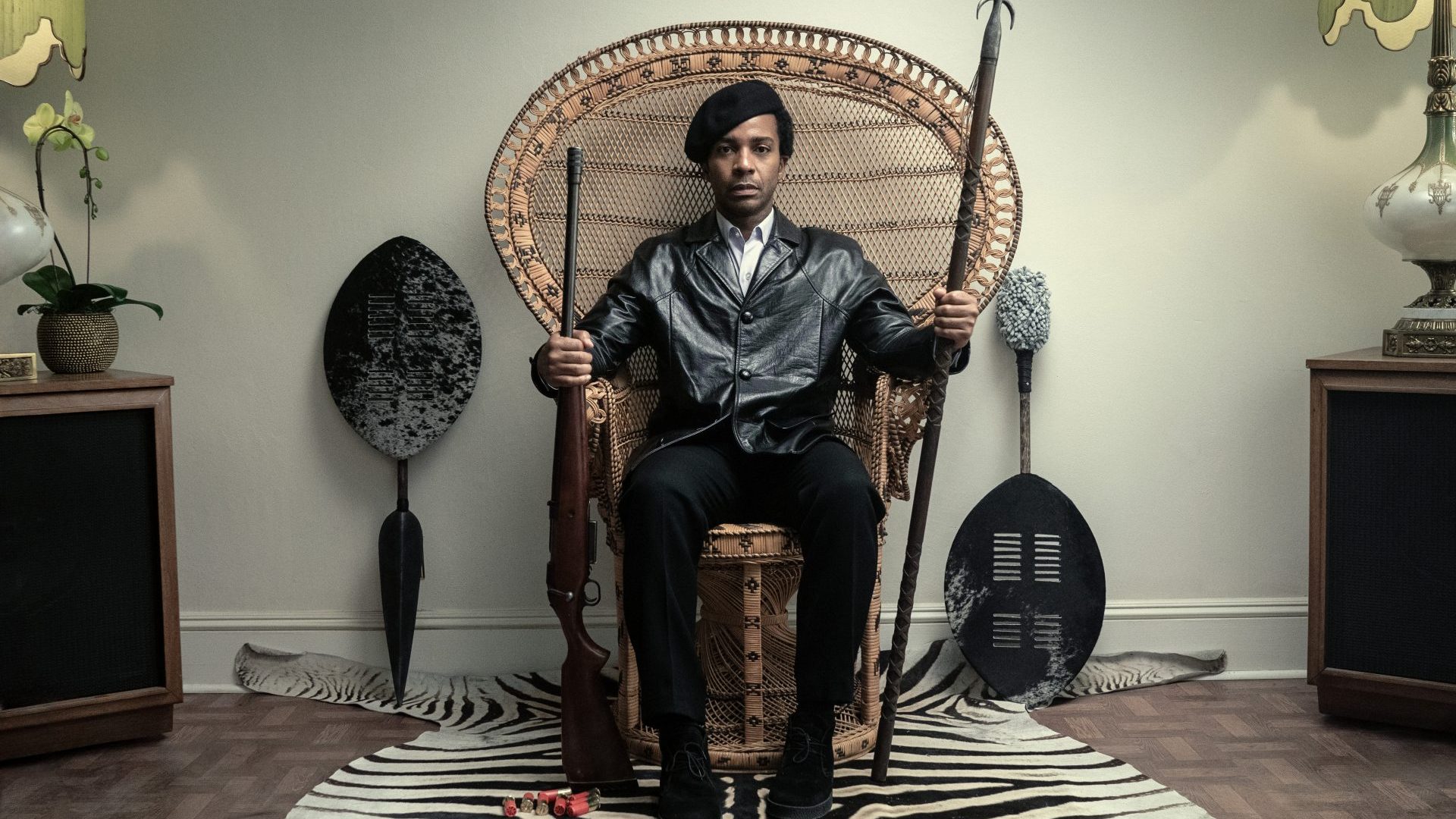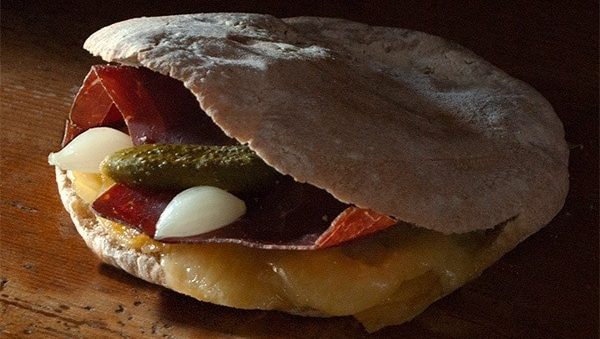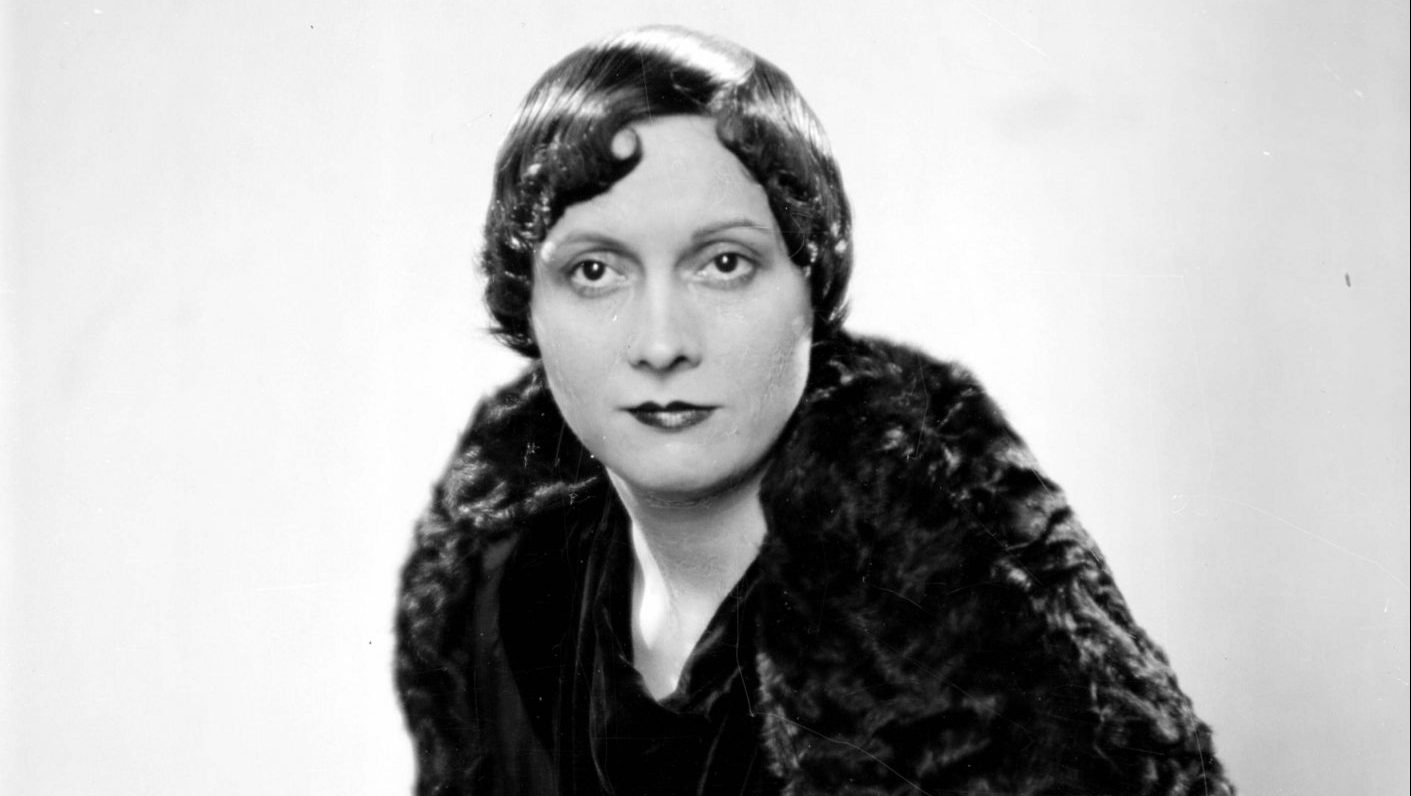PICK OF THE WEEK
THE BIG CIGAR
Apple TV+
“How can I put it? He’s my hero. If he’s not Mao, I’ll eat it.” According to Peter Biskind’s classic account of the “New Hollywood”, Easy Riders, Raging Bulls, this is how Bert Schneider – the hip movie mogul whose hits included Easy Rider, Five Easy Pieces and The Last Picture Show – described Huey Newton, founder of the Black Panther Party.
So mesmerised was Schneider, in fact, that he helped his fugitive friend escape to Cuba in 1974, the story of which is absorbingly told in this six-part drama (the first two episodes are directed by Don Cheadle). Alessandro Nivola is great as the film producer, full of coke and white guilt, but it is André Holland’s performance as Newton that commands the attention and holds the series together: a study in embattled leadership, fierce principle and ambivalent celebrity.
As Holland told the New York Times: “I wanted to make sure that this wasn’t a white saviour story”. Showrunner Janine Sherman Barrois nimbly avoids this trap by portraying Schneider and his Hollywood friends – notably his fellow producer Stephen Blauner (PJ Byrne) – as well-meaning but hapless dilettantes, way out of their depth in a plan that for Newton and his wife Gwen Fontaine (Tiffany Boone) is a matter of life and death.
In this spirit, Schneider conceived the whole project as a production – “The Big Cigar”, also codename for Cuba – in which Newton would star. All of which carries echoes of “Radical Chic”, Tom Wolfe’s great 1970 essay on the party Leonard Bernstein and his fellow fawning liberals hosted for Black activists in Manhattan.
Timeline jumps mean that the origins, early history and social accomplishments of the Panthers are also explored to a certain extent, and we see something of Newton’s alliance and differences with Eldridge Cleaver (Brenton Allen) and Bobby Seale (Jordane Christie); as well as the FBI’s deranged fixation with what J Edgar Hoover called “the greatest threat to the internal security of the country”.
This extraordinary caper story is only one chapter – well-told – of a much greater saga. For more, check out Newton’s own memoir Revolutionary Suicide and Power to the People: The World of the Black Panthers by Seale and Stephen Shames.
CINEMA
MADE IN ENGLAND: THE FILMS OF POWELL AND PRESSBURGER
Selected cinemas
Directed by David Hinton, this is a cinematic love letter from Martin Scorsese to perhaps the greatest two-person team in the history of movies. Michael Powell and Emeric Pressburger met while working on Alexander Korda’s The Spy in Black (1939) and went on to make a series of unforgettable films.
Scorsese was introduced to the magic of their collaborations as a child housebound by asthma, stuck in front of the television. Because American studios were reluctant to show their big-budget movies on the small screen, the future auteur watched a lot of British films including – to his delight – those made by The Archers production company formed by Powell and Pressburger in 1943. He guides us through such classics as The Life and Death of Colonel Blimp (1943), I Know Where I’m Going! (1945),
A Matter of Life and Death (1946), Black Narcissus (1947) and The Red Shoes (1948) – and also praises Powell’s solo production Peeping Tom (1960), hugely controversial on its initial release but more recently acknowledged as a masterpiece.
“When did the British ever appreciate their great men?” says Powell in an archive interview. Now – thanks in part to the cheerleading of Scorsese – the majesty of his work with Pressburger is properly celebrated.
BOOK
ALL THINGS ARE TOO SMALL: ESSAYS IN PRAISE OF EXCESS
by Becca Rothfeld
Virago
Meet this generation’s Joan Didion. To be fair to Becca Rothfeld, non-fiction critic at the Washington Post, her voice is entirely her own. But the comparison with Didion should give you a sense of her talent and its sheer scale.
These brilliant essays are as fearless as they are beautifully written. Rothfeld picks all the right targets: minimalism (Marie Kondo’s aesthetic is “solipsism spatialised”); the “mindfulness” industry; the post-liberalism of Patrick Deneen; the “riskless and conciliatory” fiction of Sally Rooney (“These are not political novels but novels with characters that are lightly politicised”); and puritanism in all its forms, especially the contemporary aversion to “the shock of true sensuality”. Formidable stuff, with the promise of true greatness.
CINEMA
ROME, OPEN CITY
Selected cinemas, streaming on BFI Player
Roberto Rossellini’s classic, back on the big screen in a 4K restoration, is the capstone of the British Film Institute’s Italian neo-realist season this month and next. Released in 1945 – the first part of the director’s war trilogy, completed by Paisà (1946) and Germany, Year Zero (1948) – has lost none of its power; much of which flows from the juxtaposition of ordinary family life and squabbles with the brutal violence of the occupying Nazis’ bid to stamp out the Italian resistance.




